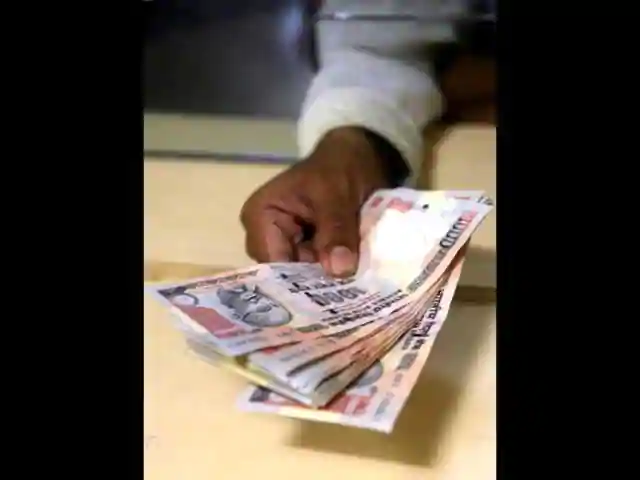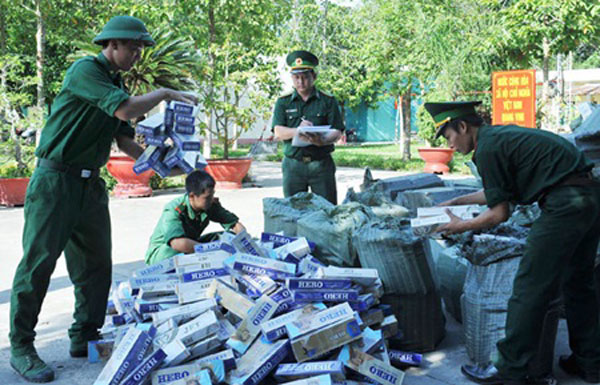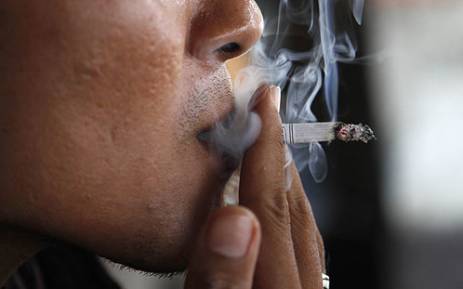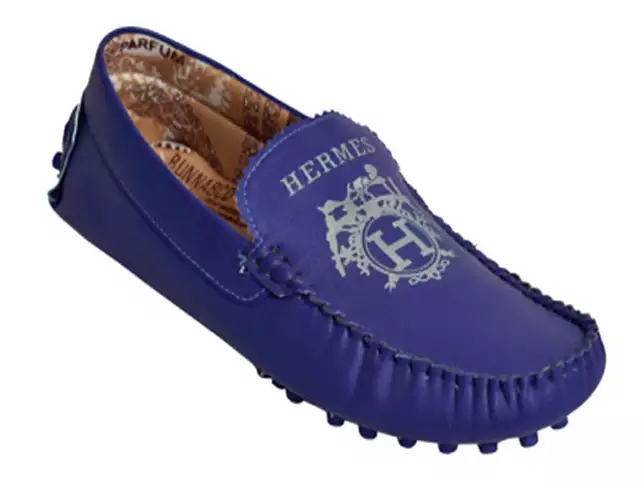
75,000 counterfeit sunglasses seized at Mumbai port
What are the chances that those crisp 1000-rupee notes tucked into your wallet are fake? The bad news is that it’s possible, given that counterfeits keep popping up all over the nation.
The good news is that the chances aren’t very high, at least not yet, and the best news of all is that the government is close to getting a fix on the size of the problem. The National Investigation Agency (NIA), in collaboration with the Indian Statistical Institute (ISI), is now trying to figure out the total volume of the Fake India Currency Notes (FICN) in the country, officials in the exercise have told Hindustan Times.
Lear MoreIllegal Tobacco Trade Costing The Country Billions In Lost Taxes
The Portfolio Committee on Trade and Industry today heard that the government has lost an estimated R22bn in taxes since 2010 due to the illicit trade in tobacco. This is money that would have paid in taxes had the trade occurred legally. Almost one quarter of the market is in the hands of the illicit trade. Committee Chairperson Ms JoanmariaeFubbs said sanctions, such as the closure of illegal manufacturers, were needed. “It seems that some of the manufacturers producing legal tobacco also manufacturers of a percentage of illegal cigarettes. There has to be some intervention.”
The Committee further heard that South Africa is considering moving to plain packaging for cigarettes, which could include graphic photographs with a small branding of the company at the bottom.
The Tobacco Institute of Southern Africa (Tisa) warned against going this route as it is not in line with intellectual property laws. Tisa’s Mr Francios van der Merwe applauded the South African Revenue Services for its interventions, which have led to a decrease in the illegal trade, but appealed for harsher penalties.
http://www.parliament.gov.za/live/content.php?Item_ID=7456
Lear More
No let up in smuggling, trade fraud
He said relevant agencies should clearly assign responsibilities and continuously co-ordinate and concentrate efforts in the fight against these evils.
He was speaking at a meeting of the National Steering Committee on Prevention and Control of Smuggling, Trade Fraud and Counterfeit Goods in Ha Noi. He said despite the committee’s work, several serious cases of smuggling, fraud and counterfeit production have been recorded since the beginning of the year. These problems have persisted for years and continue to have adverse impacts on socio-economic development, he said.
http://english.vietnamnet.vn/fms/society/129046/no-let-up-in-smuggling–trade-fraud.html
Lear More
Bat Denies Smuggling Claims
As British American Tobacco (BAT) denies claims it’s been involved in cigarette smuggling, the National Council Against Smoking says there’s a strong incentive for tobacco firms to smuggle their own products.
This morning Eyewitness News revealed that a document formally submitted to Parliament suggested there was strong evidence BAT had been involved in smuggling along with State Security Agency officials.
The document was given to Parliament’s Finance Portfolio Committee by former South African Revenue Service (Sars) spokesperson Adrian Lackay as part of his submissions about the secret spy unit saga.
http://ewn.co.za/2015/04/23/BAT-denies-smuggling-claims
Lear MoreChina’s export tax removal will thwart tungsten smugglers
China’s move to scrap export taxes on certain noble alloys will remove the incentive to smuggle tungsten products, market participants said as they debated the likely impact on prices globally.
China will cancel export taxes on tungsten, molybdenum, vanadium pentoxide (V2O5) and various other metals from May, the country’s Ministry of Finance said on Thursday April 23. The long-anticipated move was in response to a ruling by the World Trade Organization last year on trade disputes between China and other countries over rare earths, molybdenum and tungsten.
Lear MoreAmazon Fraud – Man Charged £460,000
Online shopping has changed the landscape of commerce across the world. While the traditional high street shops die and “bedroom businesses” with few overheads prosper due to marketplaces such as Ebay, consumers are rewarded with bargains delivered directly to their door at the click of a mouse.
Yet online shopping – especially on Amazon – has its dangers. Cyber criminals often try to piggyback on the enormous amount of visitors that these websites receive daily, through phishing scams that either trick the users into giving login and payment data on fake pages or infect them with malware through bogus “voucher” offers.
Lear MoreFake goods ring that netted 70m yuan is busted
Shanghai police have arrested 25 suspects on charges of selling counterfeit goods to overseas customers through more than 200 websites. Officers confiscated more than 60 computers and servers, together with 1.75 million yuan ($282,000) in cash in an operation launched on April 1. The sums involved amount to 700 million yuan, local media reported.
French luxury brand Louis Vuitton contacted the Shanghai public security bureau after learning there were websites based in China selling fake LV handbags. Some of the counterfeit goods were sent from Shanghai.
Fake goods were offered at 10 to 20 percent of the cost of real ones on the websites meaning a fake LV handbag could be bought for 1,000 to 2,000 yuan while a real one cost 15,000 yuan.
http://www.ecns.cn/business/2015/04-23/162757.shtml
Lear MoreInvisible inks could help foil counterfeiters of all kinds
Real or counterfeit?Northwestern University scientists have invented sophisticated fluorescent inks that one day could be used as multicolored barcodes for consumers to authenticate products that are often counterfeited. Snap a photo with your smartphone, and it will tell you if the item is real and worth your money.
Counterfeiting is very big business worldwide, with $650 billion per year lost globally, according to the International Chamber of Commerce. The new fluorescent inks give manufacturers and consumers an authentication tool that would be very difficult for counterfeiters to mimic.
http://phys.org/news/2015-04-invisible-inks-foil-counterfeiters-kinds.html#jCp
Lear More
Snapdeal takes down fake shoe from site
Running an online marketplace is by no means a cakewalk, especially when there is a chance that a pair of shoes shows up as a knock-off of the original. To Hermes loafers then, otherwise priced upwards of Rs 50,000, goes the honour of being available on Snapdeal for Rs 999. However, credit to Snapdeal that the product was booted off the site when the said pair was brought to its notice.
Lear MoreFDA gets anti-counterfeiting medicine devices
The Food and Drugs Authority (FDA) has taken delivery of two anti-counterfeiting medicine verification devices to assist its efforts to prevent the importation of counterfeit and substandard medicines into the country.The Raman TruScan Handheld Spectrometer which can sample 5,000 medicines within an hour, rapidly investigates the components of medicines and also differentiates counterfeit medicines from the genuine ones.
The devices, valued at $160,000, would facilitate the authority’s work in the control of substandard, spurious, falsely labelled and falsified medicines (SSFFC) on the Ghanaian market.
http://www.ghanaweb.com/GhanaHomePage/regional/artikel.php?ID=355438
Lear More


